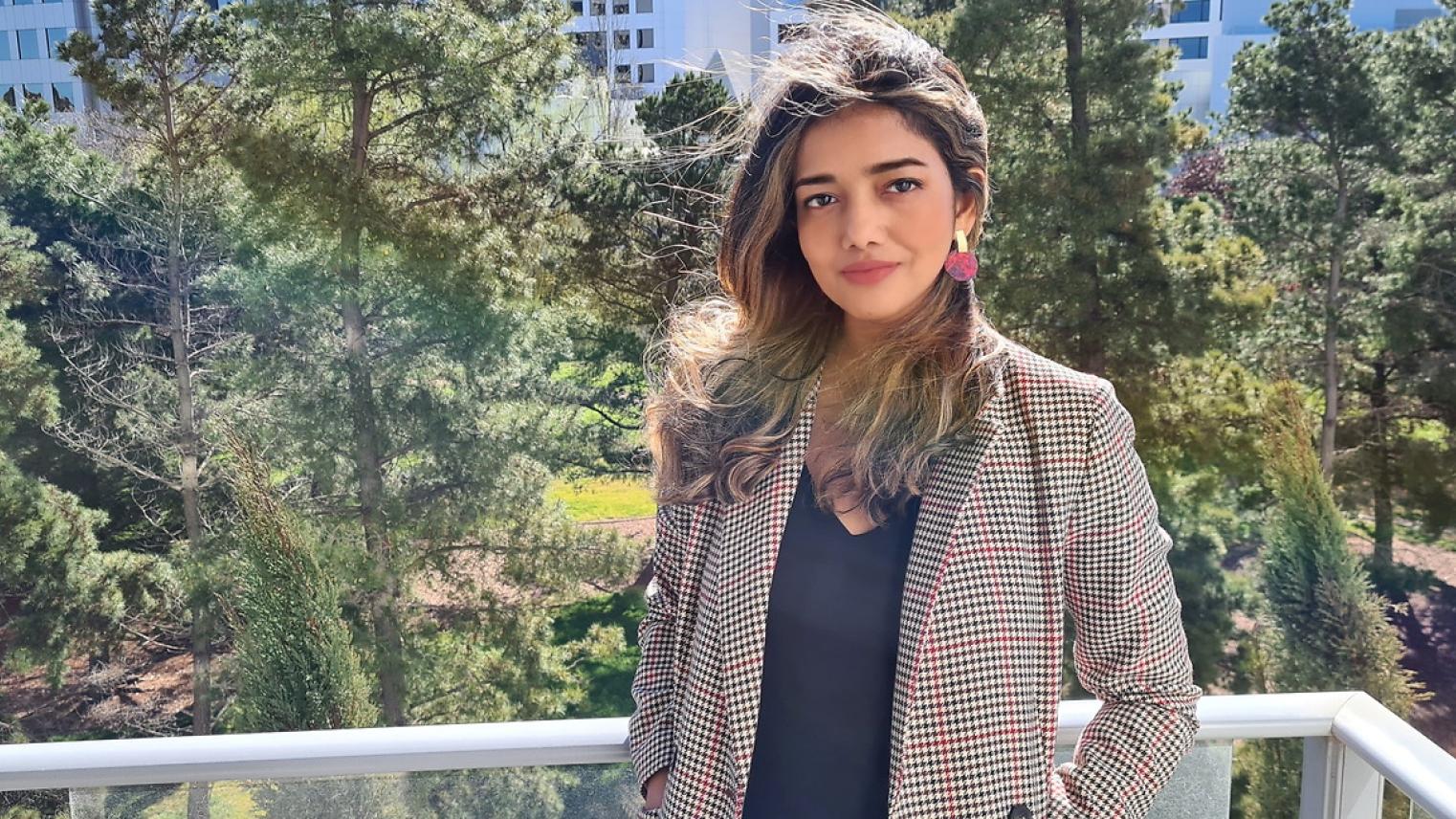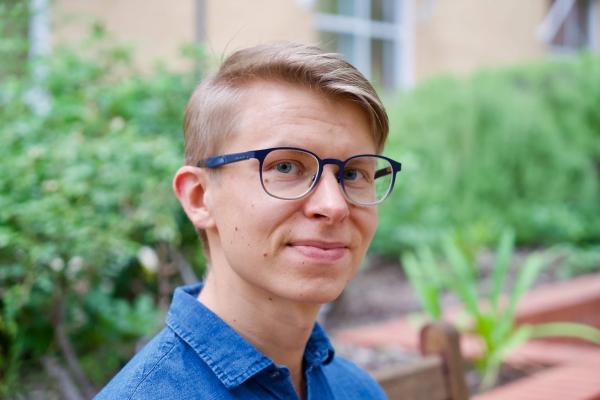My name is Maria Shumusti, and I moved to Canberra from Mumbai, India in 2018, to pursue a Master of International Relations at The Australian National University.
I think one of the turning points of my time in Australia would be the day I tried vegemite for the first time and loved it. Besides brunching away in Canberra, I love reading, writing and am incredibly passionate about mental health issues amongst the culturally and linguistically diverse (CALD) community and students.
I am currently working in the humanitarian sector with the world’s largest humanitarian organisation- the United Nations World Food Programme (WFP), also the Laureate of the 2020 Nobel Peace Prize.
I am the Communications Officer of WFP’s Pacific Multi-Country Office based out of Suva, Fiji. We aim to improve the capacity of Pacific Island countries and territories to reduce the risk of, prepare for and respond to disasters with a view of building a resilient Pacific community, with a focus on partnerships and innovation.
I oversee the communications and media for WFP in the Pacific, and we are currently running the Donate Responsibly campaign that informs people about why during disasters, not all goodwill, does well and highlight effective and responsible ways to donate. With the Australian bushfires, a similar issue arose here locally where after a point, the donated goods were getting in the way of the disaster response.
I came to The Australian National University with a passion for international relations and hoped to work for a global organisation, but I wasn’t sure what I would do after graduating. Surprisingly, my first day as a student and my last day as a tutor at the Coral Bell School led me to apply for a job with WFP.
On day one of orientation for the Master of International Relations program, someone asked about the job prospects that came with the degree and the speaker mentioned many valuable routes. But what stuck with me was to ‘pick a humanitarian organisation that most aligned with your interests and values and to go for it’. I scribbled in my to-do diary, ‘World Food Programme - look for jobs.’
In 2020 and on the last day as a tutor for the Human Security course, Professor Bina D’Costa took me out for lunch. She asked me what topic I had enjoyed the most. It was food security and climate change. She said I should apply to the World Food Programme, and I did. It was a dream come true.

